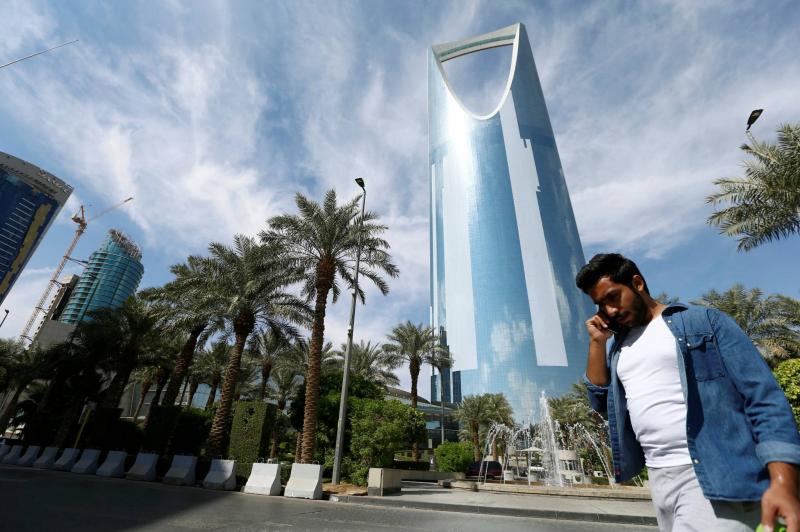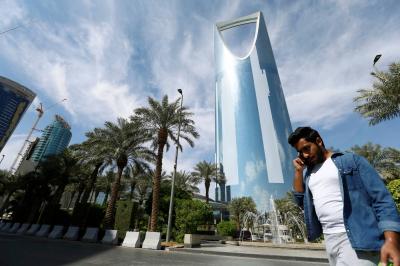The Kingdom of Saudi Arabia has led a new and comprehensive strategy with the People's Republic of China, reflecting on the future of Arab-Chinese cooperation in a political and economic vibrancy that has not been achieved before. This represents a qualitative shift in the Arab region, which has been characterized by American political, security, and economic influence. This shift is also supported by indicators, protocols, and agreements with China that have extended to other Arab countries, which were included in summit meetings with China at the beginning of last year (2022). The Chinese-Arab summit, sponsored by Saudi Arabia, marked a significant turning point in reviewing U.S.-Saudi relations. Saudi sources reported that Beijing and Riyadh signed agreements in the fields of energy, economy, urban development, and the "Belt and Road" initiative, extending to the teaching of the Chinese language, under the umbrella of "Vision 2030," in which Crown Prince Mohammed bin Salman is considered an important and ambitious partner.
Under the Beijing-Riyadh agreement, the Saudi-Iranian agreement was born, thereby allowing China to successfully navigate a complex crisis amid a treacherous international climate, which could lead to solving other issues in the region and beyond, establishing China as a credible political mediator.
CNN reported Iranian Foreign Minister Hussein Amir-Abdollahian stating that his meeting with Saudi Foreign Minister Prince Faisal bin Farhan in Beijing was "positive," discussing the resumption of official diplomatic relations between Riyadh and Tehran, reopening embassies and consulates, and ensuring stability, security, and development in the region. The agreement included economic and trade exchanges, resuming air travel, reciprocal visits by official delegations in the private sector, and facilitating visa issuance for Hajj and Umrah.
This meeting was the highest-level encounter between officials from both countries in over seven years. The Saudi-Iranian relationship is expected to reflect on Gulf relations with Iran, in an active Chinese initiative to improve bilateral ties through Beijing.
Relations between the two sides had deteriorated due to the Yemen war, Iranian attacks on Saudi oil facilities, threats to navigation in the Arabian Gulf, assaults by the Revolutionary Guard on the Saudi embassy in Tehran multiple times, in addition to chaotic incidents during some Hajj and Umrah seasons. The BBC described the agreement between the two countries as achieving a "breakthrough" in a complicated dispute that has lasted for years. Riyadh cut diplomatic relations with Tehran in January 2016 after attacks on the Saudi embassy and consulate in Iran.
The trilateral Saudi-Iranian-Chinese agreement was preceded by talks between Tehran and Riyadh during 2021 and 2022, hosted by Oman and Iraq. It is presumed that China will guarantee the terms of the agreement.
Saudi Finance Minister Mohammed Al-Jadaan disclosed many Saudi investment opportunities in Iran. However, observers remarked that agreements like these occur in a cautionary atmosphere due to Iran's "problematic" role in the region. The White House welcomed the agreement, but stated that "it is not yet clear whether the Iranians will fulfill their commitments." France also welcomed the step while urging Iran to "renounce its destabilizing actions."
There are signs and indications that the Yemen issue could be resolved through diplomatic channels toward a comprehensive political agreement to end this chronic headache. Will Yemen, which was once happy, find hope in restoring security, peace, and happiness under the Beijing agreement? Solutions are plausible, whether through negotiations, a federal or democratic system, or elections, like the solution to the Kurdish issue in Iraq, for instance.
In Iran, Ali Shamkhani, Secretary of the Supreme National Security Council, stated, "Removing misunderstandings and looking forward to the future of relations between Tehran and Riyadh will enhance regional stability and security." Despite all assurances regarding the effectiveness of the Beijing statement and adherence to its points and goals, doubts about its Iranian implementation are present in global media analyses. Unlike the state logic adopted by Arab countries in Saudi Arabia and the Gulf, the Iranian regime has leaned toward provocations and the export of revolution following the success of its revolution against the Shah's rule in 1979, leading to a long war between Iraq and Iran (1980-1988) that ended with Iraq's victory.
In this context, Foreign Policy magazine confirmed that Riyadh "understands the true identity of the Iranian Revolutionary Guard and its motivations..." It added that for the Saudis, the deal "gives them the capacity to pursue their core objectives related to building their country's economic strength and advancing the social reforms the country needs under the leadership of Crown Prince Mohammed bin Salman." The International Crisis Group believes that the Kingdom seeks a different approach to Iran that reduces threats against Saudi Arabia, considering that instead of trying to isolate Iran, Saudi Arabia now aims to confront, contain, and engage Iran.
Following seven heavy years between Saudi Arabia and Iran, the announcement of the Saudi-Iranian statement has been met with Arab, regional, and international approval, unless Tehran wants the Beijing agreement to serve its nuclear ambitions... and then each incident deserves its own discussion.




